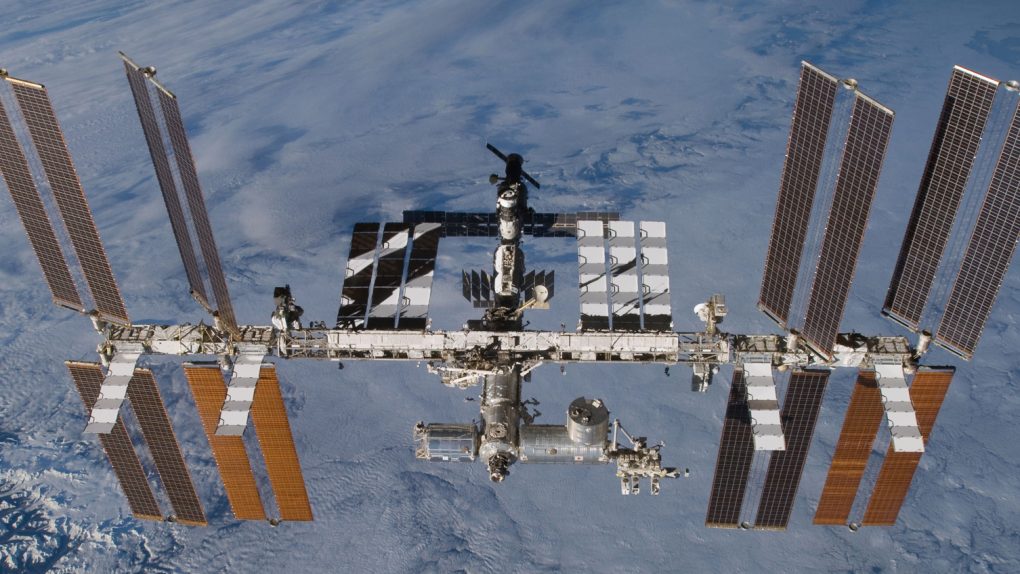Russian cargo resupply trips to the International Space Station have become such a regular, predictable thing that even NASA rarely bothers to make a big deal out of them, but today’s resupply mission is worth some attention. The ship, called Progress, took off from its launch site in Kazakhstan at just before 10 p.m. GMT and arrived at the space station just a few hours later. The total time from launch to docking was three hours and 40 minutes.
Now, if you don’t keep up with the minutia of space travel that might just sound like a number, so to give you some context, the previous record was five hours and 39 minutes. This latest mission managed to shave two hours off of the record time, which is pretty wild.
So how did they do it? Well, the specifics are a bit vague on Russia’s end, but the gist is that the Russian space agency is now using an updated navigation system on its resupply missions. That new system is apparently a lot better than whatever they were using previously, and it’s helped to make the trip much more efficient, thus cutting way down on the time it takes for its vehicles to arrive at the Space Station.
The new navigation system surely helped, but the speed at which a cargo ship can reach the space station depends on a number of different factors, not least of which is the position of the station itself in Earth’s orbit. It can sometimes take up to two days for the cargo vessel to chase down the space station as it cruises around the Earth, but the stars seemed to align this time around and made for a perfect, speedy supply run.
Today’s mission was unmanned, but the Russian space agency hopes to use this optimized route for future manned trips to the space station as well. That will surely be welcome news to astronauts, as they would ideally like to spend as little time as possible in the cramped confines of the crew capsule.








